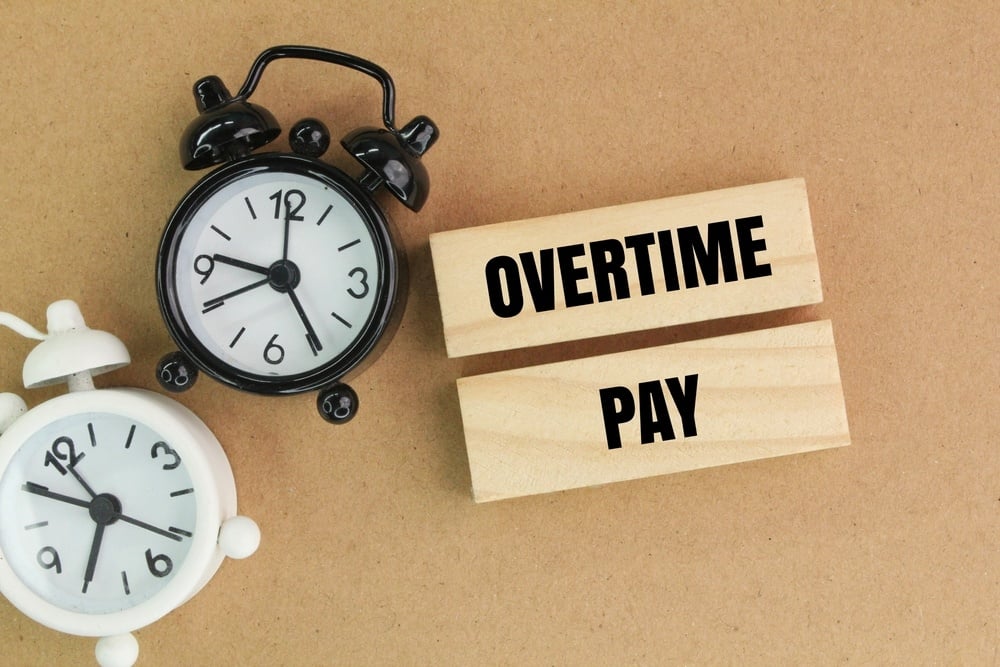Sales Tax Exemptions for Manufacturers
The manufacturing industry is the largest contributor to Kentucky’s gross domestic product. As an incentive to attract new manufacturers to locate...
2 min read
Baldwin CPAs 12/2/24 7:45 AM

On November 15, 2024, a Texas federal court struck down a U.S. Department of Labor (DOL) rule that raised the minimum salary required to be paid to most employees classified as exempt from overtime and minimum wage requirements under the Fair Labor Standards Act (FLSA).
The court’s decision blocks the minimum compensation increases that were scheduled to go into effect on January 1, 2025, and invalidates the previously required July 1, 2024, increases nationwide.
Court Said DOL Exceeded Authority:
On April 23, the DOL announced a final rule to increase the salary thresholds for the EAP exemptions (89 F.R. 32842, 4-26-24). The court held that each of the three parts of the April rule exceeded the DOL's statutory authority under the FLSA:
(1) On July 1, the minimum salary level for exempt employees would have increased to $844 per week ($43,888 per year).
(2) On January 1, 2025, the minimum salary level would have increased again to $1,128 per week ($58,656 per year); and
(3) The salary level would have been updated every 3 years to match the 35th percentile of weekly earnings of full-time salaried workers in the lowest-wage Census Region.
What This Means for Now:
We will continue to monitor this topic and update as any new rulings are released.
The manufacturing industry is the largest contributor to Kentucky’s gross domestic product. As an incentive to attract new manufacturers to locate...
2 min read
Under the Tax Cuts and Jobs Act (TCJA), individual income tax rates generally go down for 2018 through 2025. But that doesn’t necessarily mean your...
Even though tax-exempt organizations normally aren’t subject to income taxes, most are still required to submit an annual return to the IRS and also...